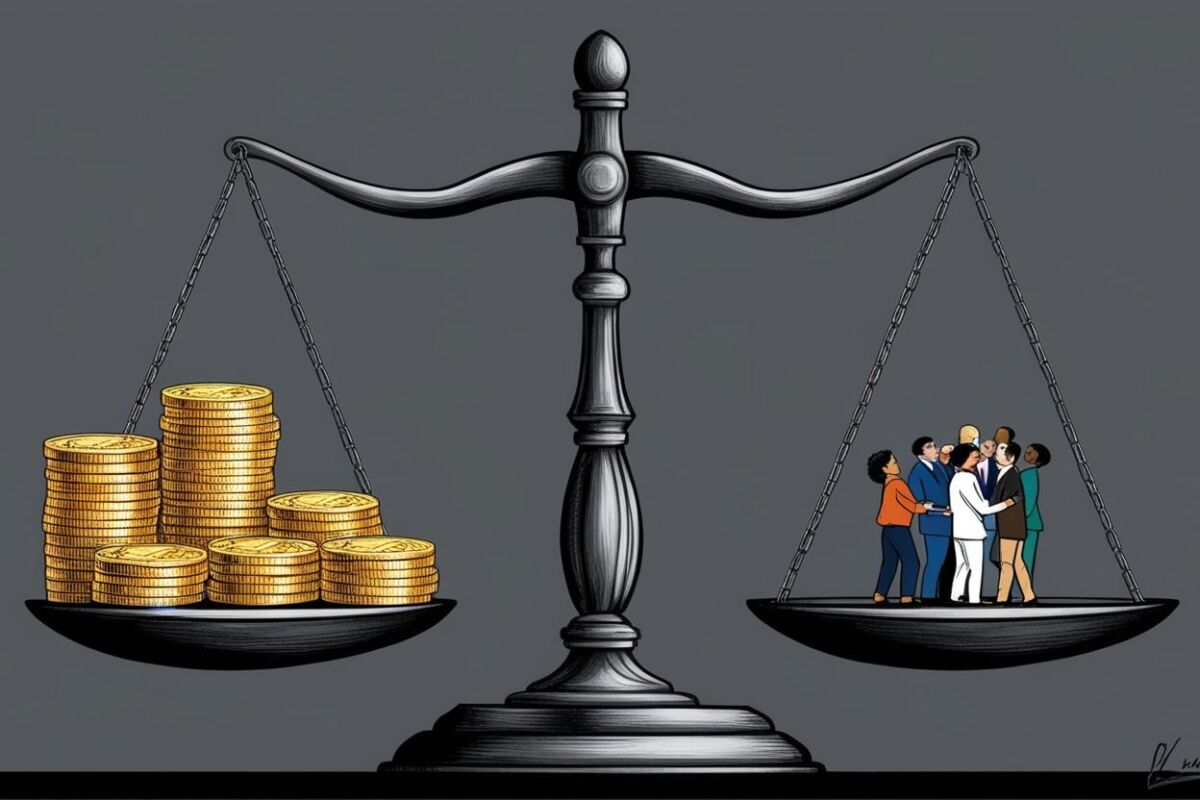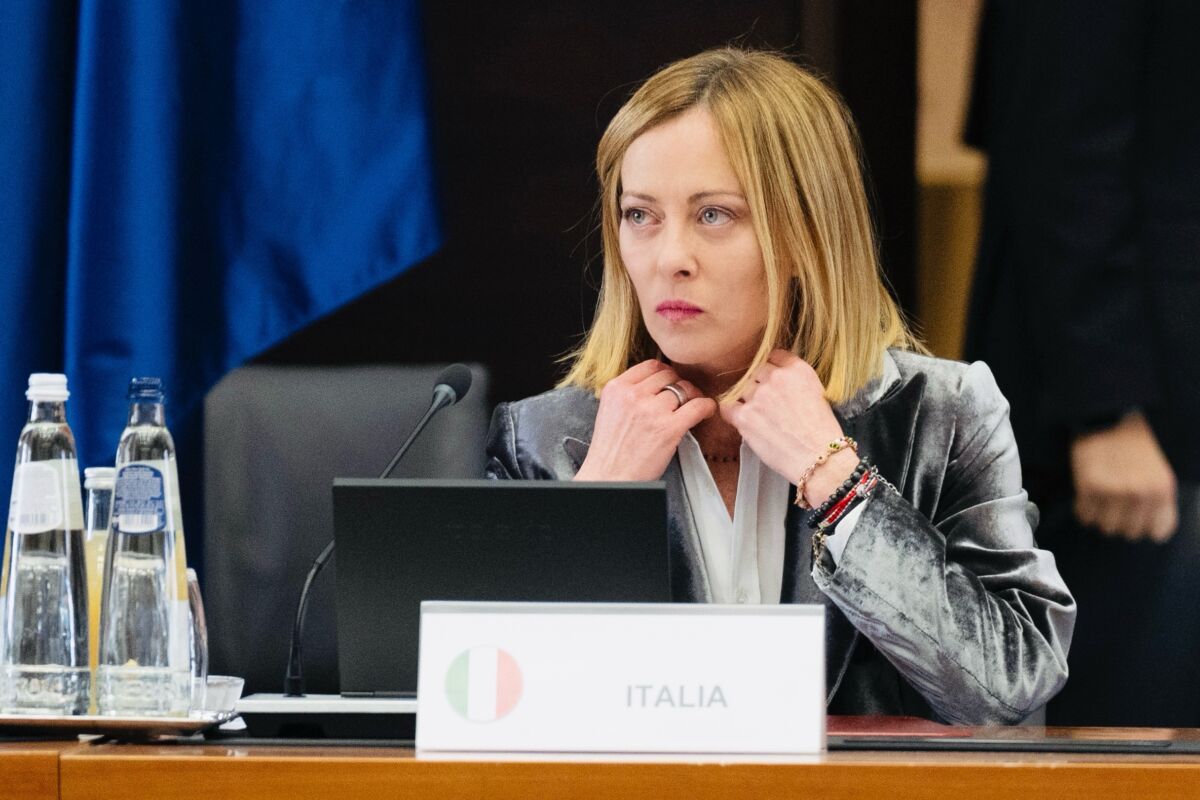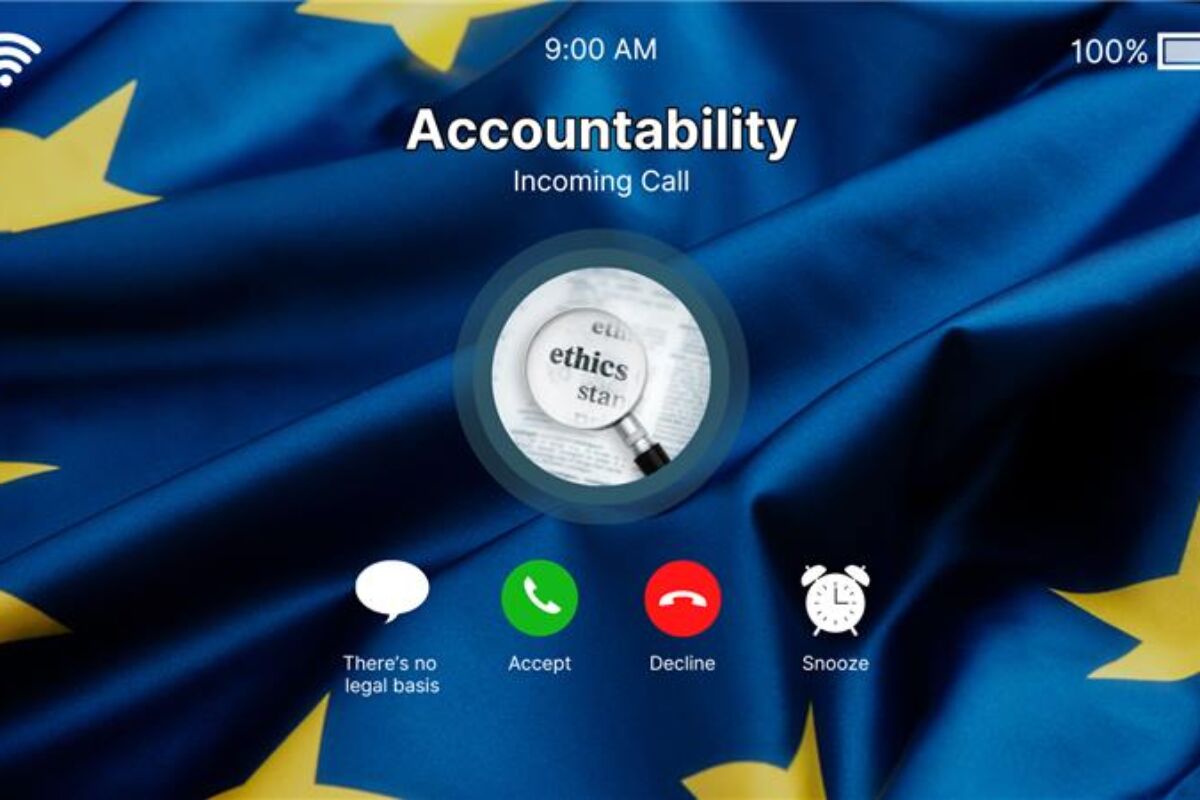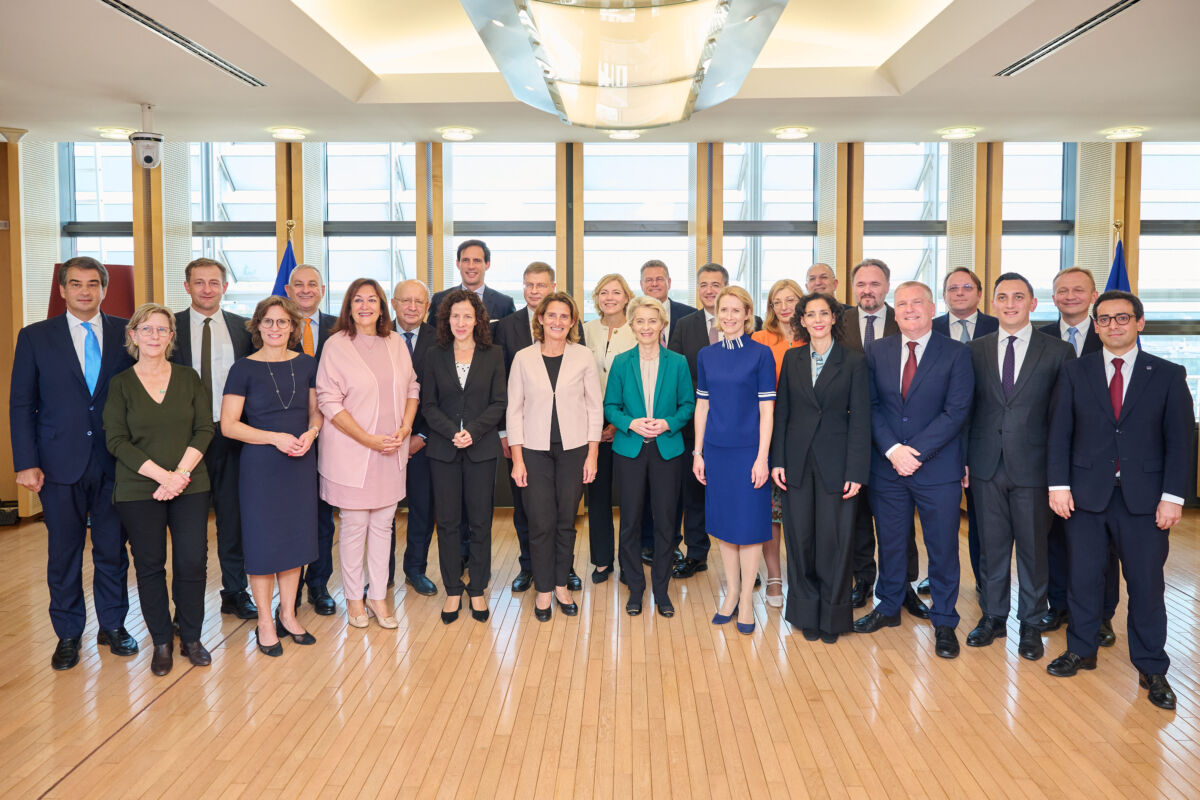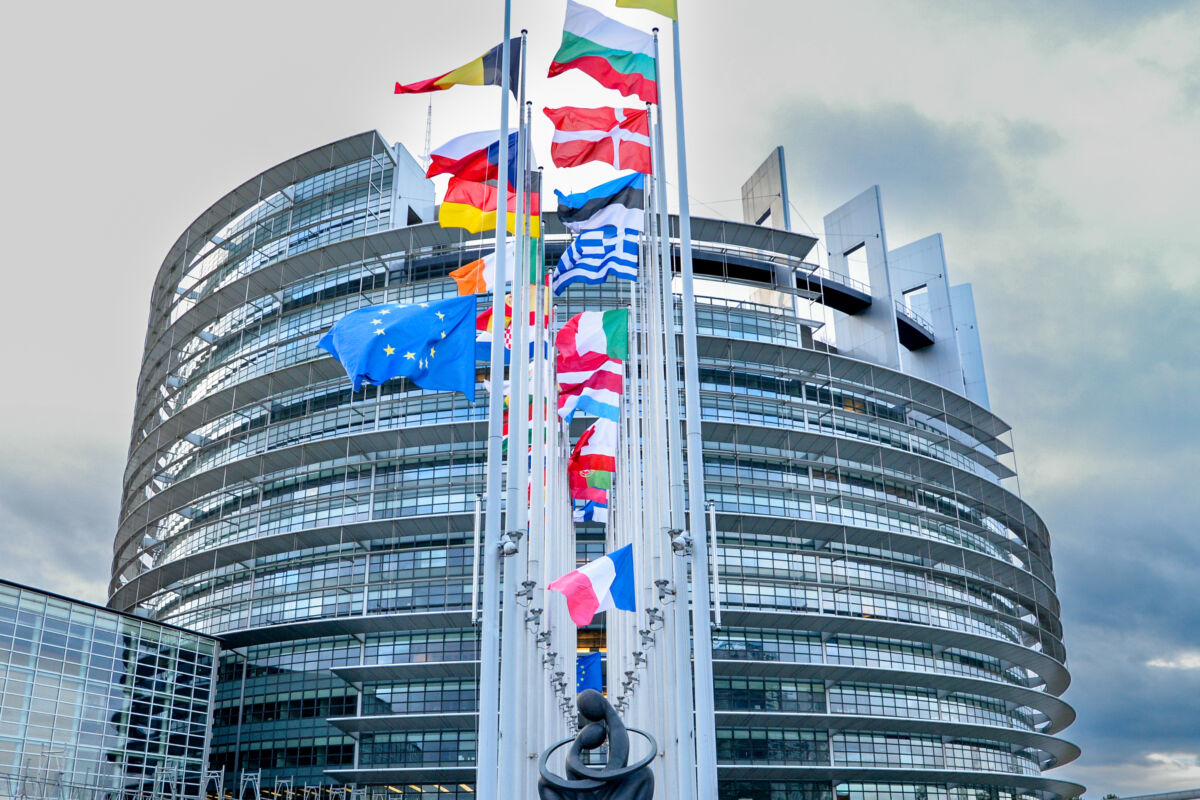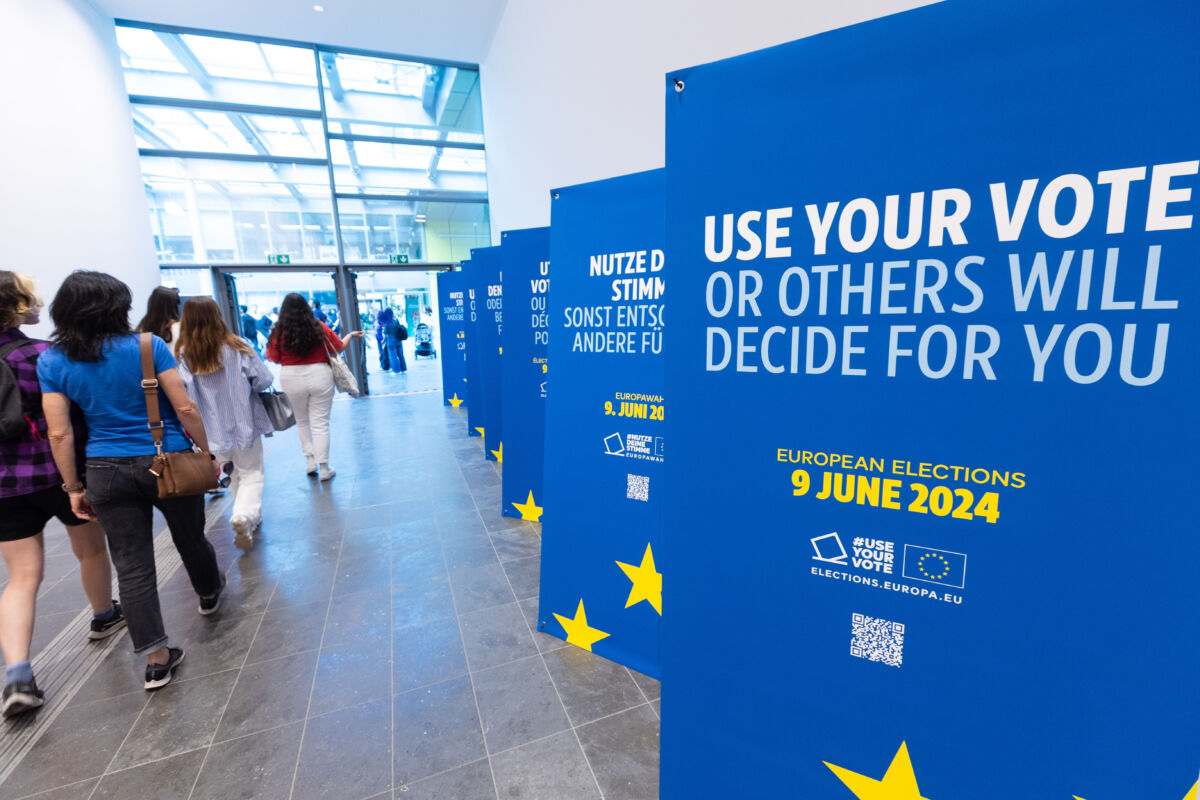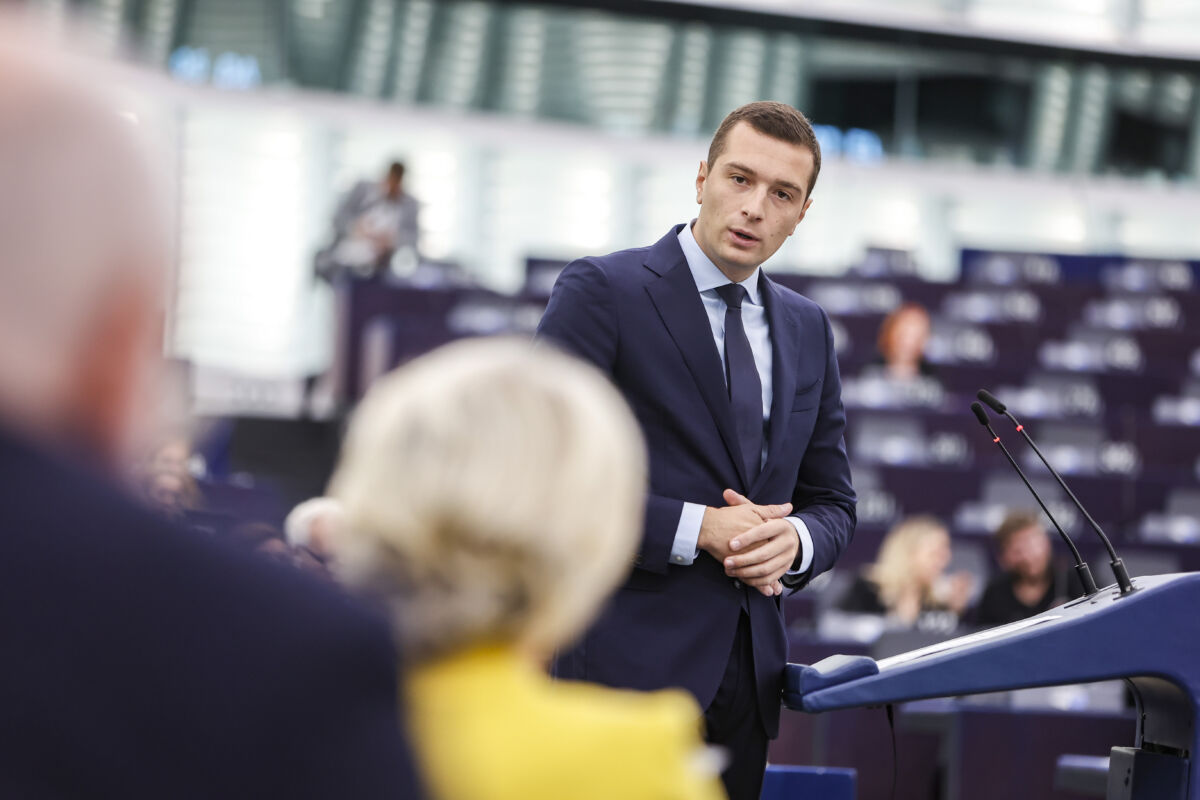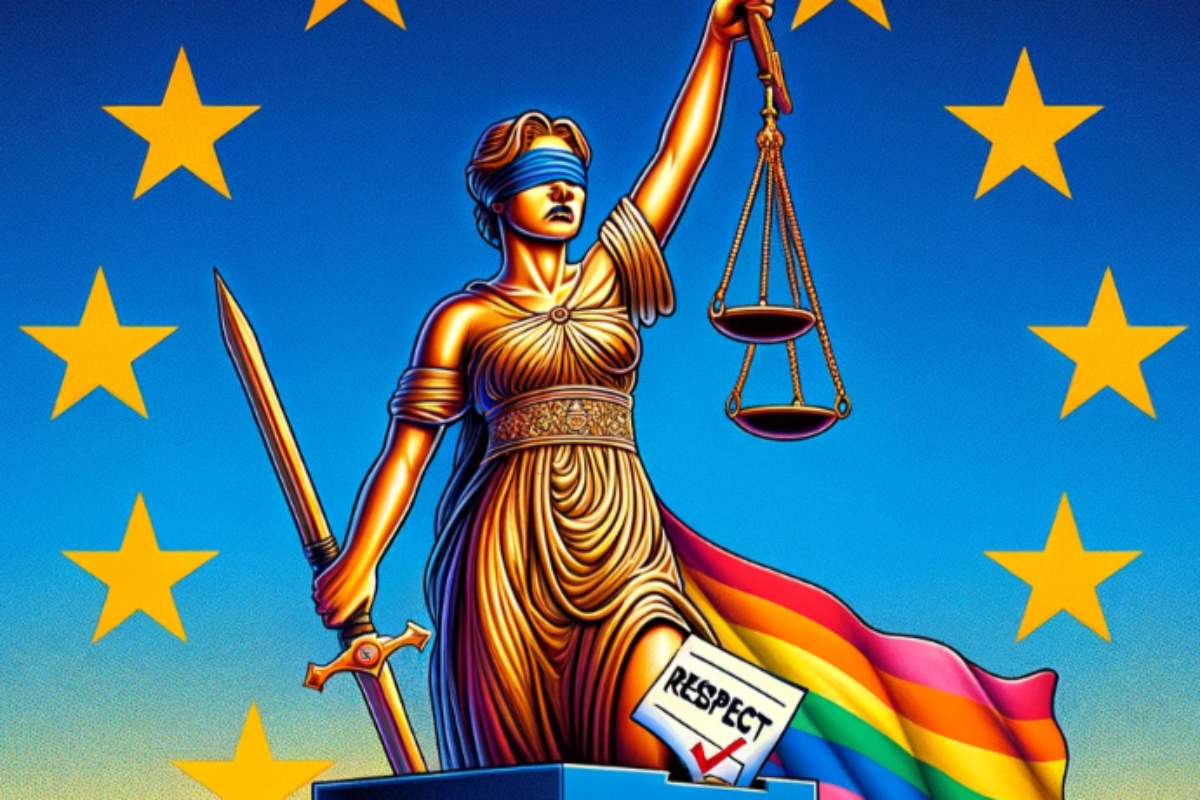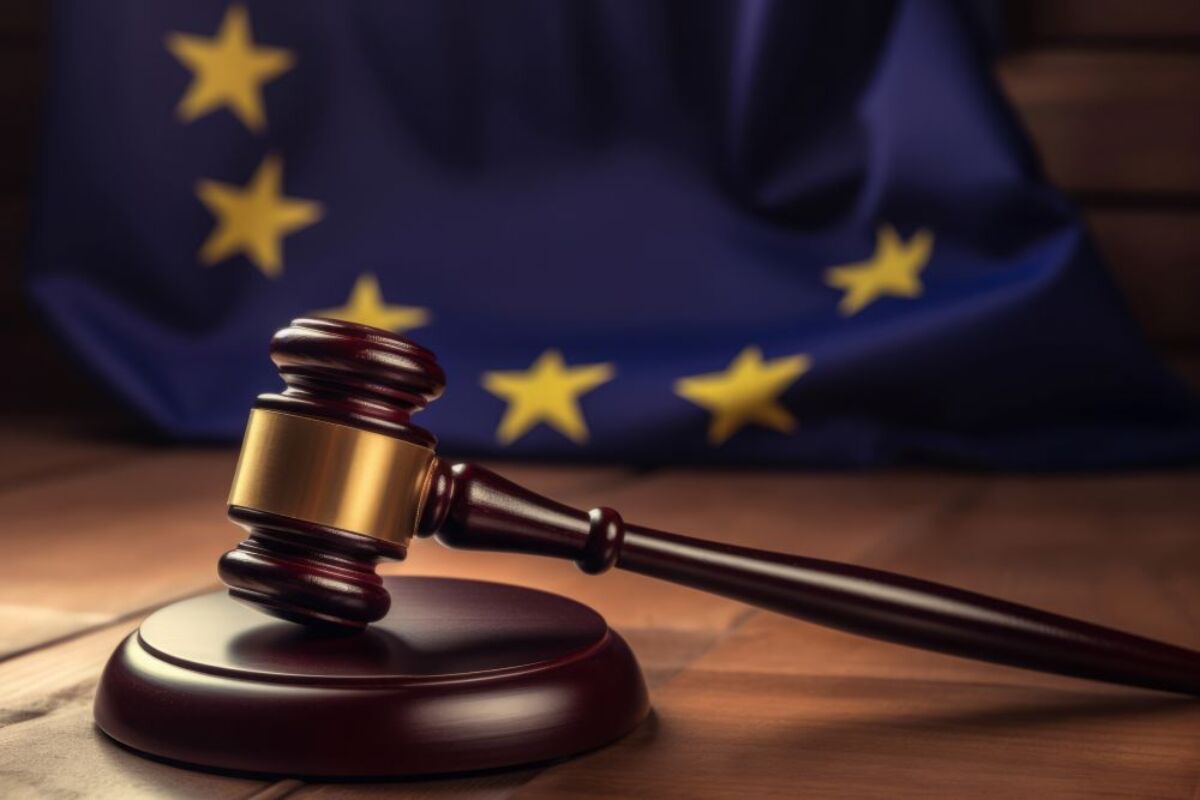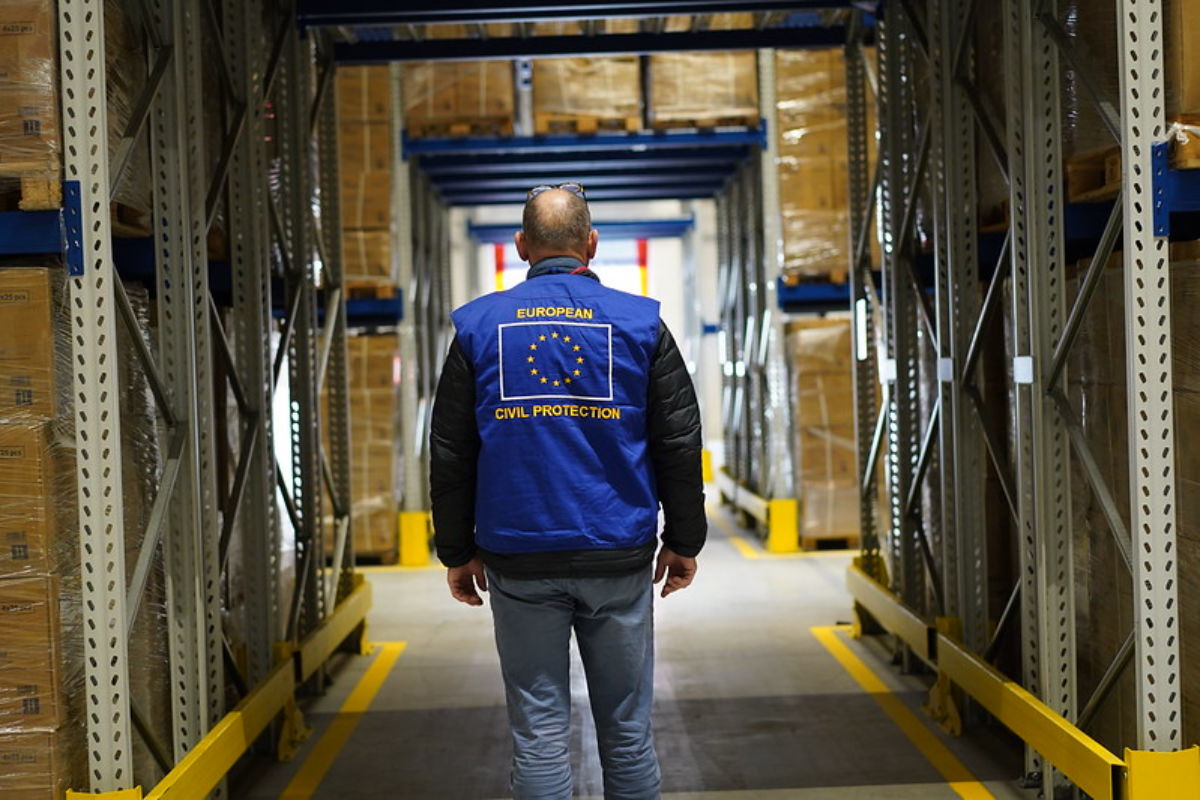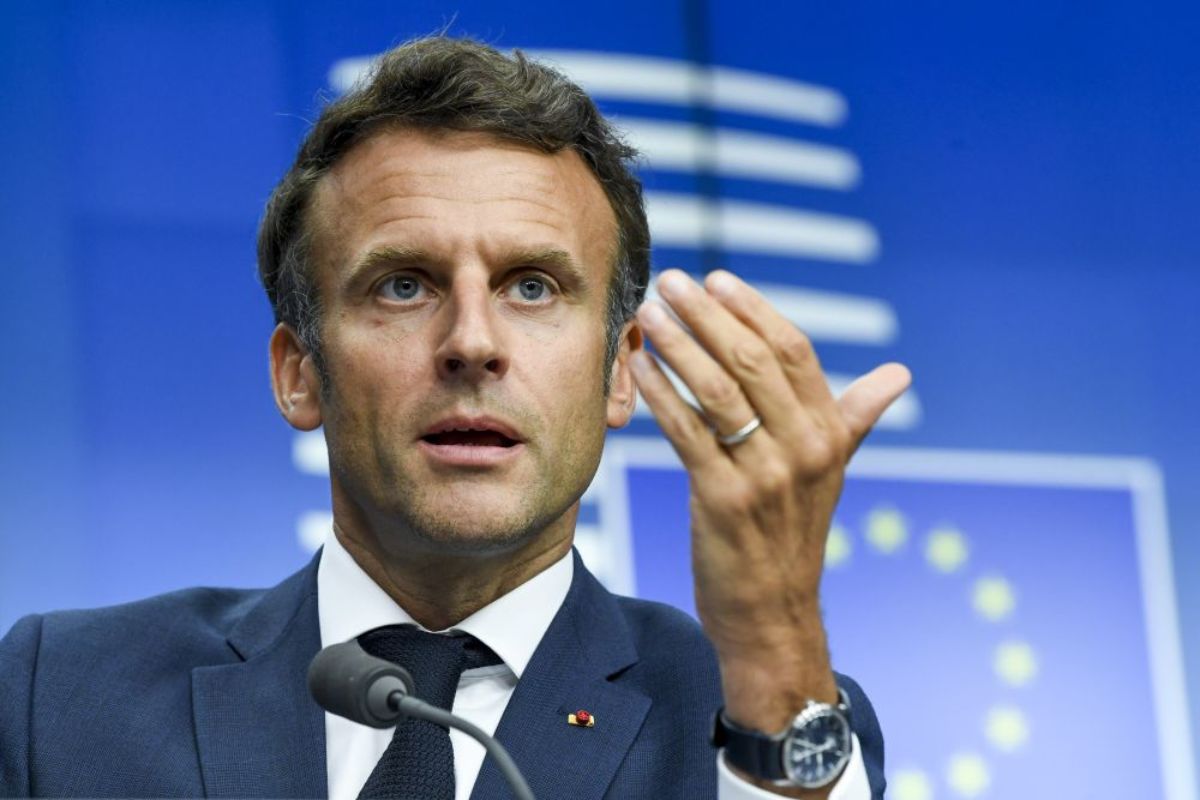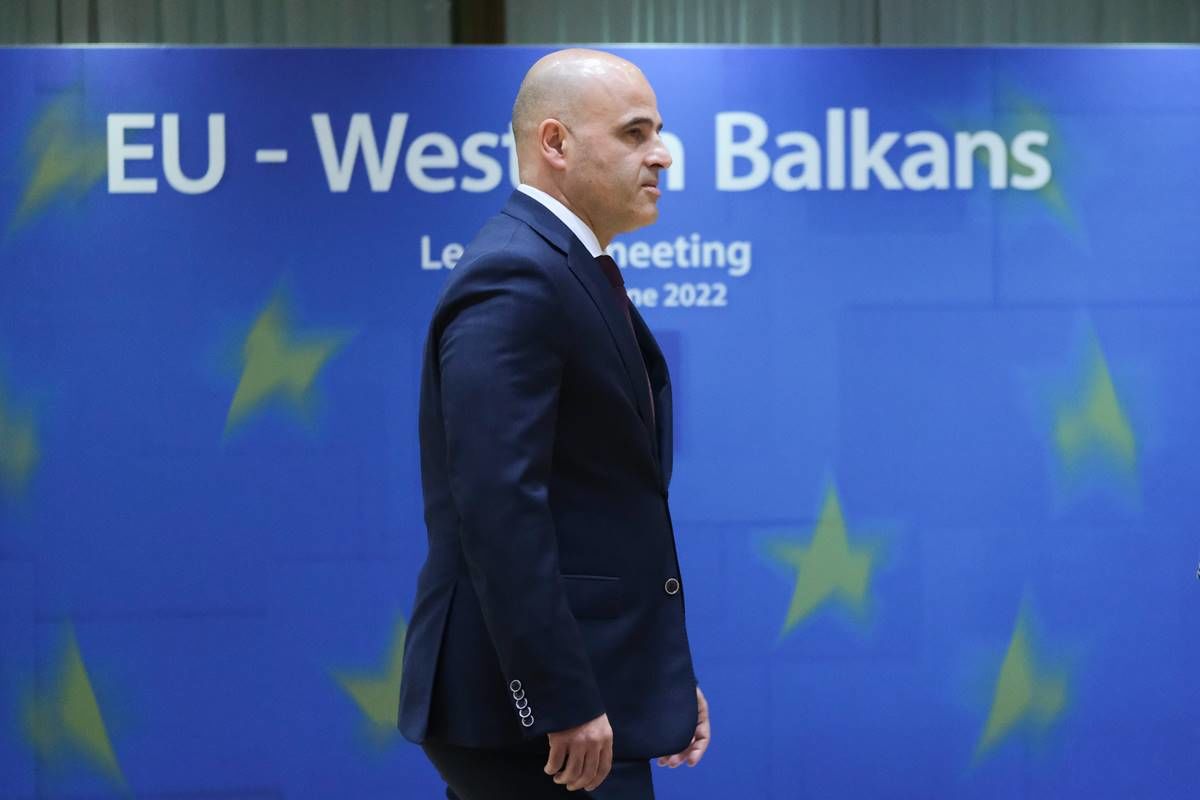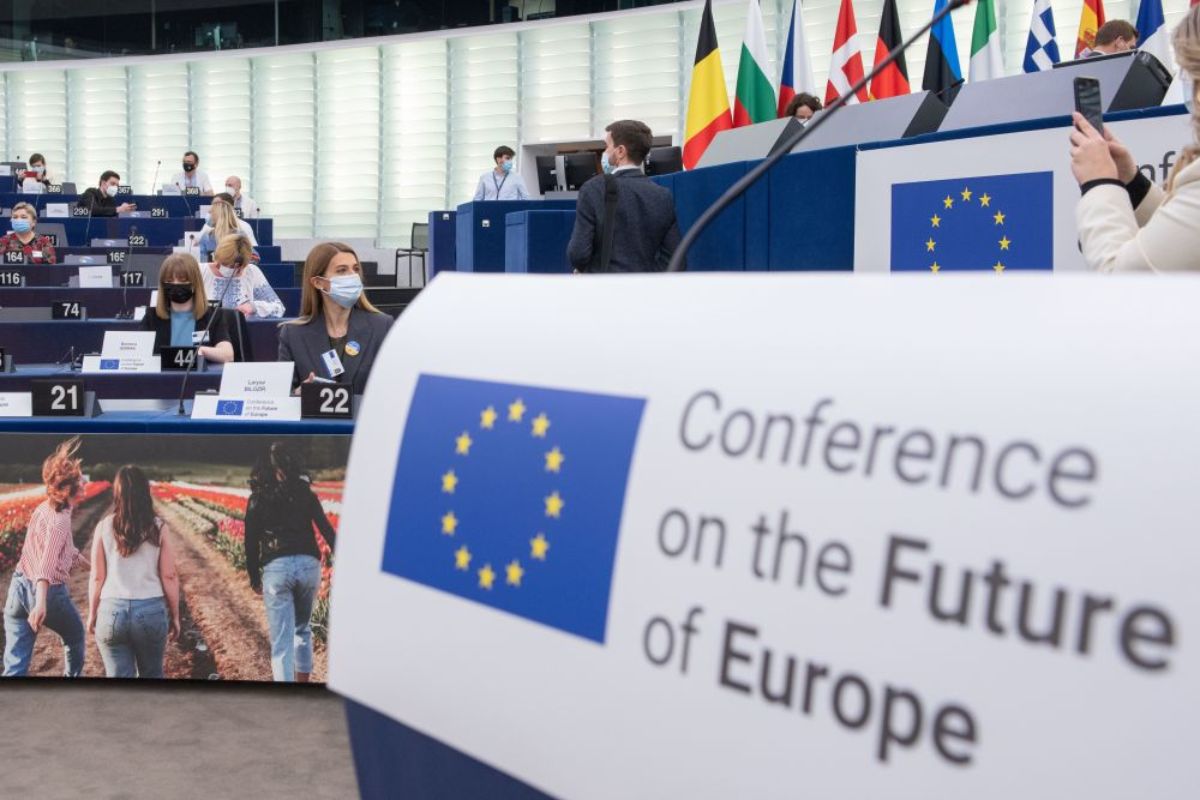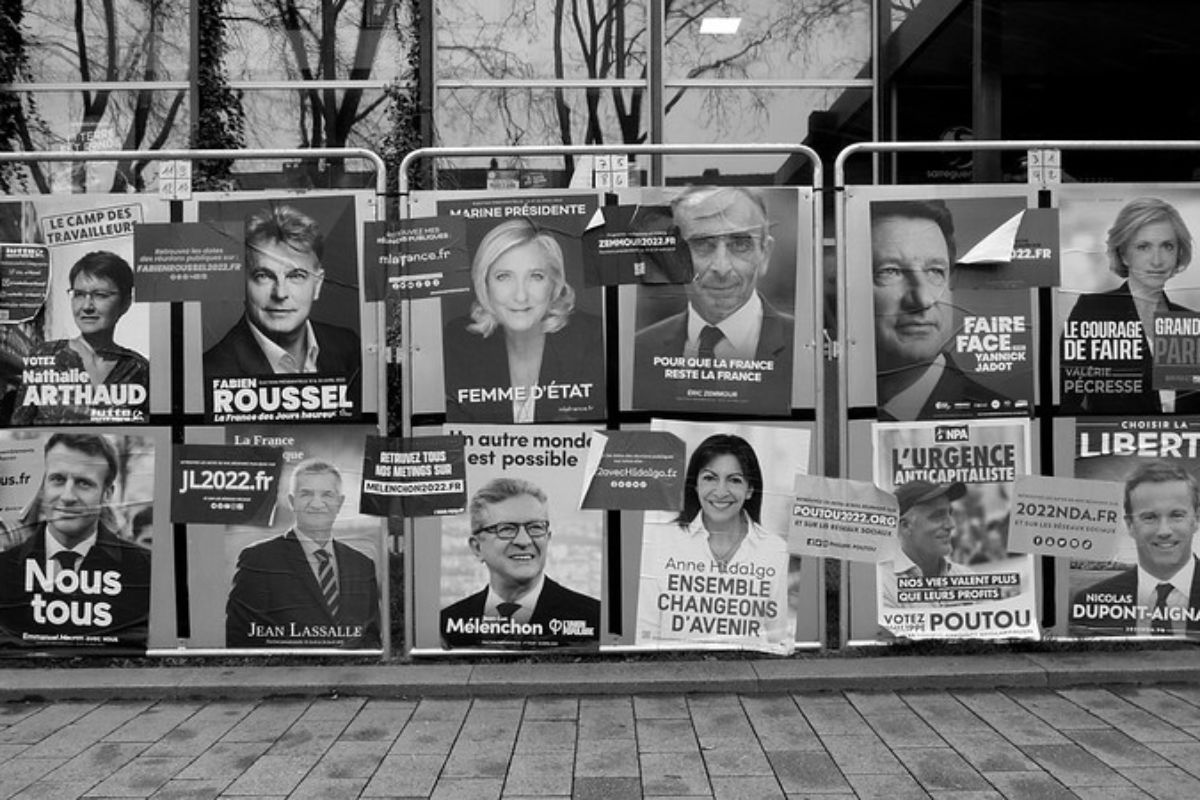The Next Generation EU (NGEU) recovery response to the Covid-19 crisis, one of the most ambitious EU integration projects so far, risks foundering over differences of procedure that ought to guarantee the link between observing the rule of law and disbursing EU funds. There is widespread dissatisfaction in the European Parliament, across the political spectrum, with the lack of an effective mechanism to enforce the rule of law in member states. At the same time, there is a palpable reluctance among net budget contributors to send more EU funding to member states that are captured by corrupt governments. Hence the repeated call to the German rotating presidency of the Council that ‘something must be done’.
Protecting the financial interests of the Union
What can be done? Several options are worth considering. One that looks promising, but isn’t, rests on the argument that large transfers from the EU would be cut for countries whose governments interfere with the rule of law at home. This argument has strong political appeal. But the EU itself is also subject to the rule of law. It cannot just cut the funding to all of a member state’s beneficiaries without having the power to do so in the Treaty. The only legal base that could justify such an action would be the need to protect the financial interests of the Union itself. This is why the existing proposals, in practice, always refer to the need to protect the financial interests of the Union, not to the value of the rule of law itself.
In its 2018 proposal to protect the Union’s budget in the case of generalised deficiencies regarding the rule of law in member states, the European Commission refers to deficiencies in the administration of justice that:
“affect or risk affecting the principles of sound financial management or the protection of the financial interests of the Union” (Art 3.1, emphasis added).
Since large parts of Next Generation EU, namely the Recovery and Resilience Facility and React-EU, will be subject to the European Structural and Investment funds (ESI) regulation, the rule of law conditionality would also apply to these funds. This is presumably why the argument has now taken on especial relevance.
This approach may look attractive, but it is very problematic on several accounts.
First, when a government tries to gain more influence over the appointment of judges and their careers, its aim is not to defraud the EU, but to use the judiciary for internal political purposes. The causal link between the erosion of the rule of law and a breach of the EU’s financial interests will in most cases be tenuous and therefore difficult to uphold in court.
Second, it would be highly unusual to link transfers from the budget to a transgression of EU rules by member states. The ECJ can impose fines on countries that have not implemented its judgments. But this is different from terminating those countries’ participation in the Union’s budget. Federal states do not link the execution of the federal budget to similar conditions. Then again, other international organisations, such as the IMF, do withhold or cut off funding to states if there is a problem with the administration of justice (as seen recently in Ukraine).
Third, linking the budget to rule of law conditionality risks creating a paradox whereby a national government’s infringement of the rule of law comes at the expense of the well-being of its citizens, especially the most disadvantaged among them. In this respect it might be useful to recall the two well-known criticisms levelled at the introduction of ex post macroeconomic conditionality regarding ESI funds. For one thing, suspensions of funding due to excessive imbalances would punish regional (especially less developed) governments for mismanaging budgets at the national level. For another, the suspension of EU funding would come at the expense of the most disadvantaged social groups, which are also the largest beneficiaries of the EU support. These arguments can also be applied to rule of law conditionality.
As a response to the criticisms illustrated above, in its resolution of April 2019 the European Parliament proposed that member states be obliged to execute MFF projects even if they do not receive the corresponding transfers from the EU budget due to a breach of rule of law. Even if this proposal sounds appealing, it is illusory to think that the citizens of the country concerned would be shielded in this way from the economic fall-out of the loss of EU funds. After all, the government in question would have to increase taxes to pay for these transfers out of its own pocket.
Another objection to linking the rule of law to budgetary transfers is that its impact would vary greatly across member states: poorer countries that receive a lot of structural funds (or transfers under the NGEU) would be hardest hit. For them, the deterrence effect might work. But richer member states playing fast and loose with the rule of law would be little affected by the loss of EU funds.
NGEU conditionality: accede to EPPO
It might be more useful to think about reinforcing existing instruments, for example the European Public Prosecutor Office (EPPO), which was launched by 22 of the EU27 as a form of enhanced cooperation. The EPPO can investigate, prosecute and bring to judgment crimes against the EU budget, such as fraud, corruption or serious cross-border VAT fraud.
The EPPO is not yet fully operational, however; it requires extra human and financial resources to meet expectations. It is indeed surprising that the Office would be cash-strapped when it is expected to save millions of euro from fraud prevention. The human and financial resources of EPPO should thus be strengthened.
Moreover, the two most likely candidates for finding a deficiency in the rule of law, Poland and Hungary, do not participate in EPPO. In their case, the argument that a well-functioning, independent judiciary is needed to protect the financial interests of the Union remains valid.
One step in the right direction would be to ask major beneficiaries of NGEU funding to join EPPO. This would not constitute a legal requirement for participation in EPPO (a Treaty-based form of enhanced cooperation which, for now, also excludes Denmark, Ireland and Sweden) but it could be made a political condition for the European Commission and the European Parliament to sign off on the NGEU. To avoid legal problems, the decision should be taken by member states ‘meeting in the framework’ of the Council.
To be sure, this step would not be a silver bullet to solve all rule of law issues, but it could be used to unlock the current stalemate between the EP and the European Council. To generate a wider effect, it would also need to be flanked by measures that bolster direct funding channels to non-governmental beneficiaries.
But EPPO accession conditionality for NGEU funding would at least allow an EU body to get ‘a foot in the door’, thereby creating an additional oversight mechanism and allowing for the gradual ‘Europeanisation’ of supposedly independent public prosecutors operating on the ground. This would be useful both in countries where corrupt groups have captured the state and where the government tries to put the judiciary under political control. It would be a step beyond the actions taken in earlier cases against Romania and Bulgaria, when the Commission suspended operational programmes and withdrew the right to manage EU financial assistance to agencies embroiled in corruption scandals.
The threat of a veto by Hungary and Poland over rule of law conditionality for the EU budget must be seen in light of the fact that these two countries would be among the main beneficiaries of NGEU funding. Over the next four years, they could expect to receive NGEU and MFF grants roughly to the tune of 13.5 % of their GDP. It would not be reasonable for these countries to veto such generous transfers because they are linked to the greater good of protecting the proper disbursement of the EU’s resources.




